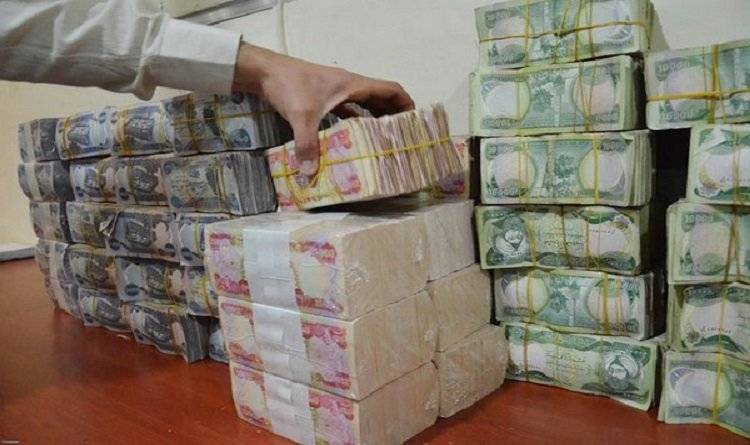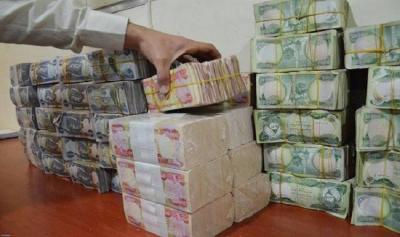The Federal Integrity Commission in Iraq announced today, Sunday, that it has managed to return more than 2 billion dinars (approximately 1.5 million dollars) to the state treasury, in corruption cases involving former state officials. The commission stated that the recovered funds represent part of the inflated value of some defendants' assets in corruption cases and financial inflation, including the case of stolen tax deposits.
The Government Media and Communication Office of the commission clarified that "the amounts received, which were deposited into the two bank accounts announced by the commission at the Rasheed Bank, Defense Branch, show that the commission received 1.3 billion dinars from amounts representing part of the inflated value and illicit gains of the former Prime Minister's technical advisor." It added that the commission was also able to recover 775 million dinars, "representing the bribe received by the arrested director of the Baghdad governor's office from one of the foreign companies in exchange for awarding contracts to companies, in addition to nearly 25 million dinars from rental income for properties belonging to the detained spouse of the former General Director of the General Tax Authority."
The commission had previously announced the launch of a campaign against inflated assets and illicit gains in various state institution sectors, starting with the tax sector, and opened two accounts at the Rasheed Bank in Iraqi dinars and US dollars to deposit the recovered amounts representing the revenues and proceeds of corruption.
Iraq, rich in oil resources, suffers from corruption that has infiltrated its governmental institutions. The government led by Mohammed Shia' al-Sudani considers fighting corruption and protecting public funds as priorities and is making extensive efforts in this direction, regularly revealing the shortcomings of previous governments. According to Iraqi officials, the tax deposit case revolves around illegal cash withdrawals from the General Tax Authority in the country in 2021 and 2022, totaling approximately 2.5 billion dollars, a substantial amount even in a country that is consistently ranked among the most corrupt in the world.




